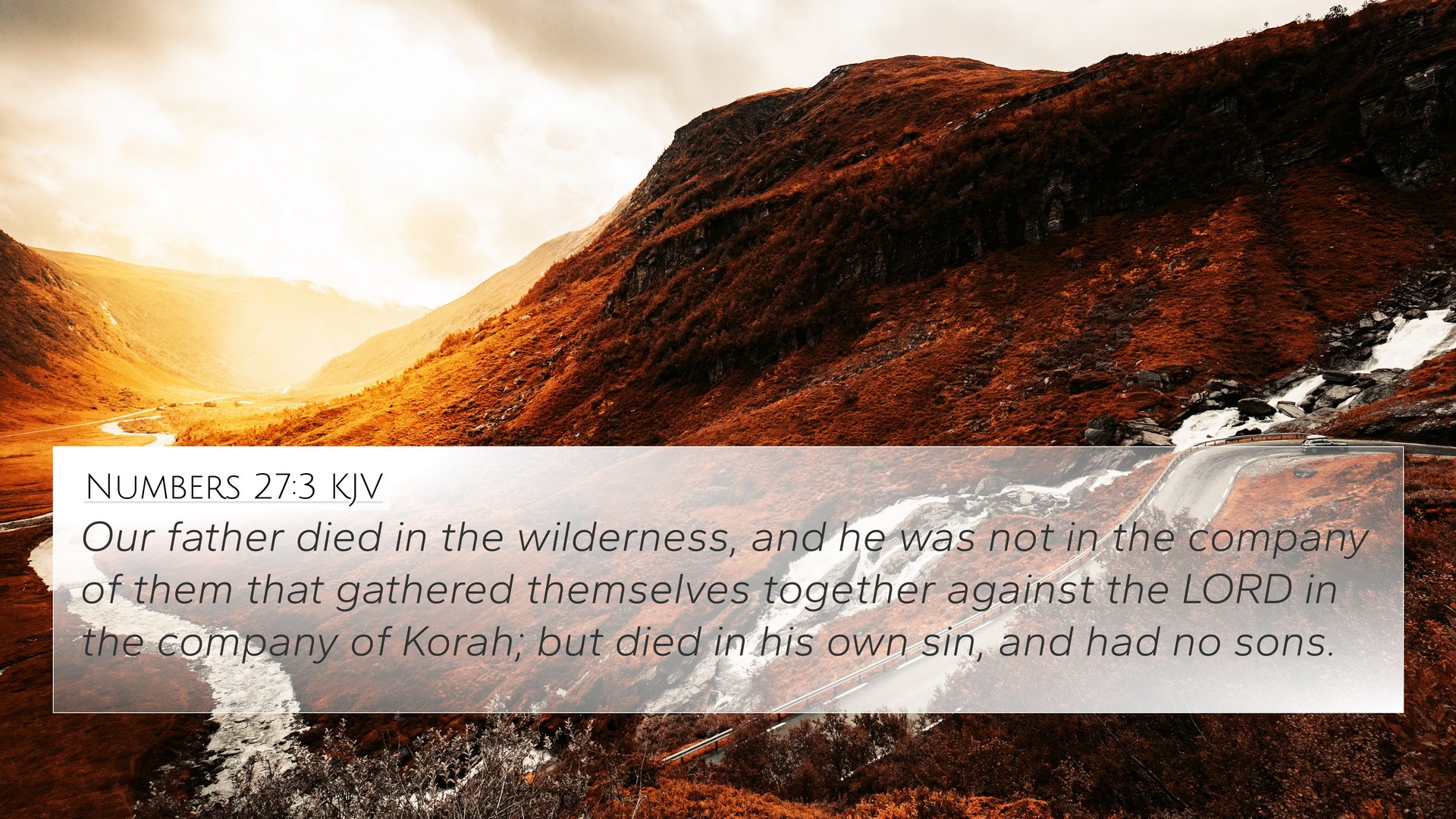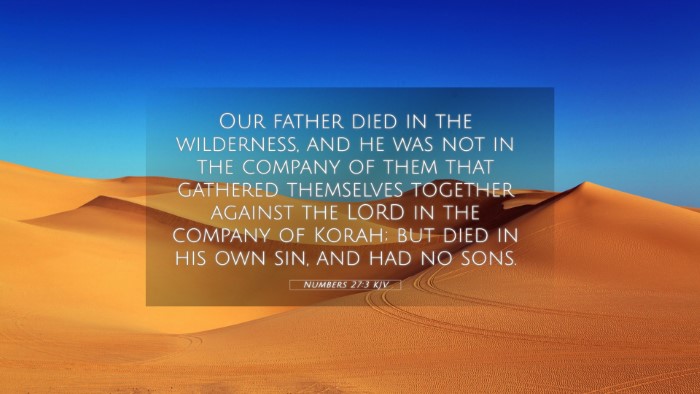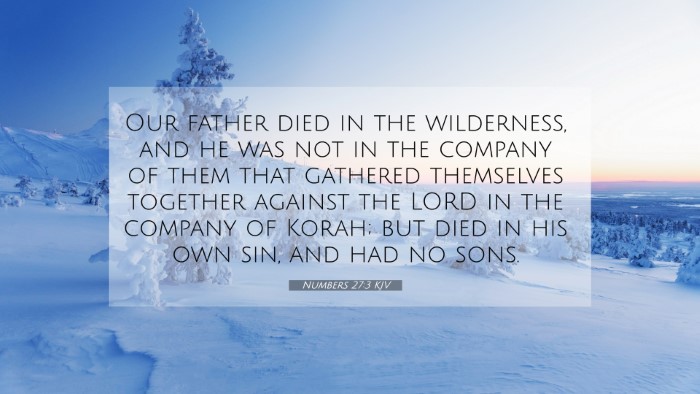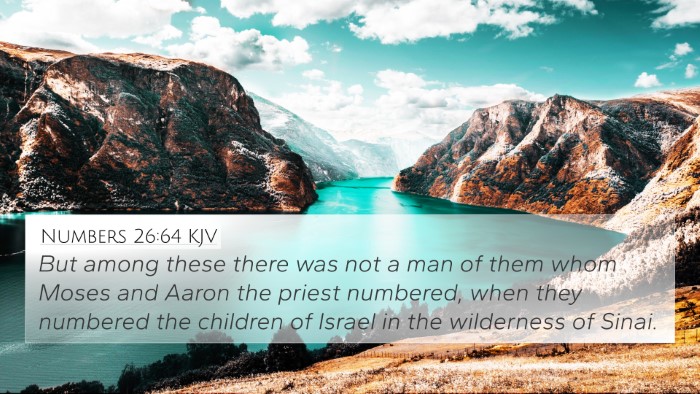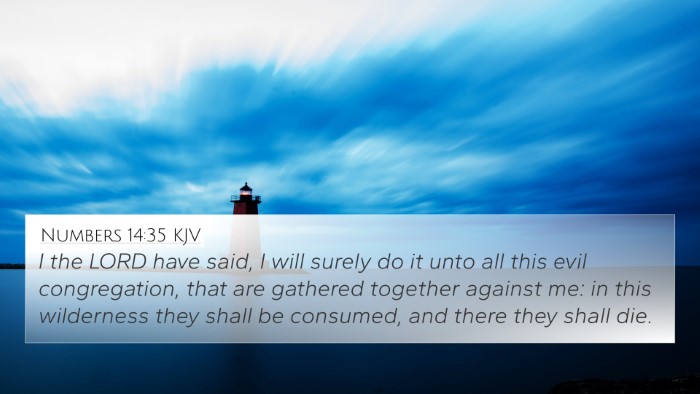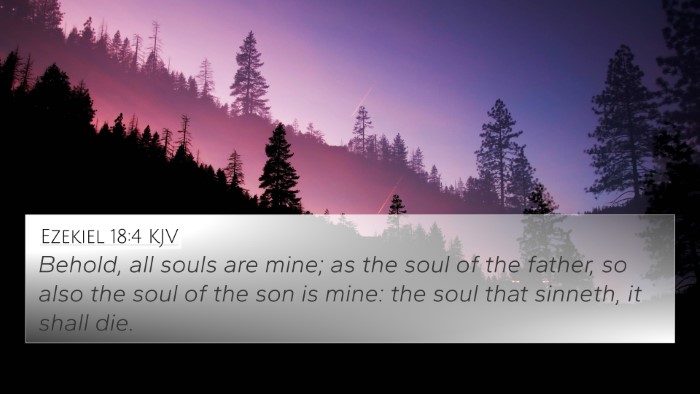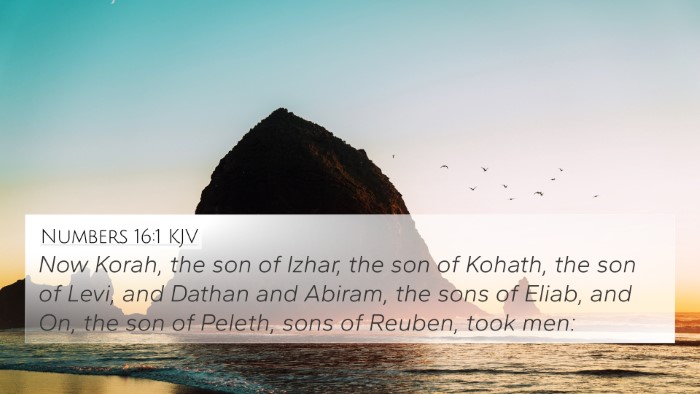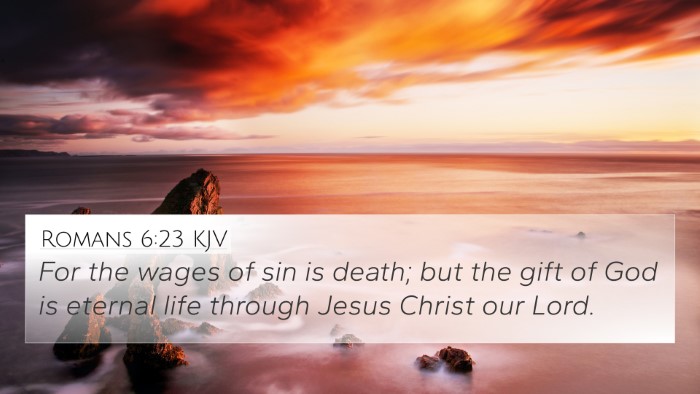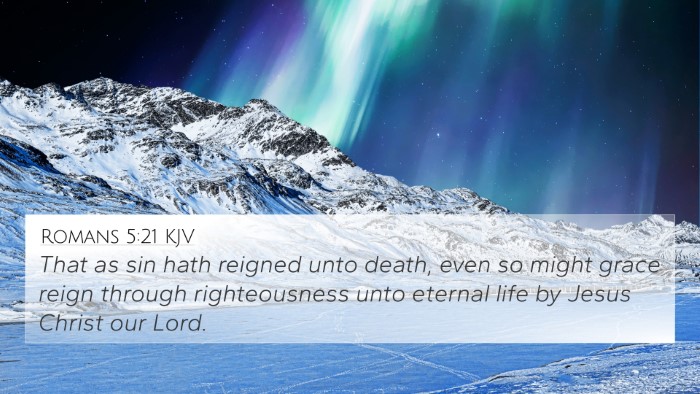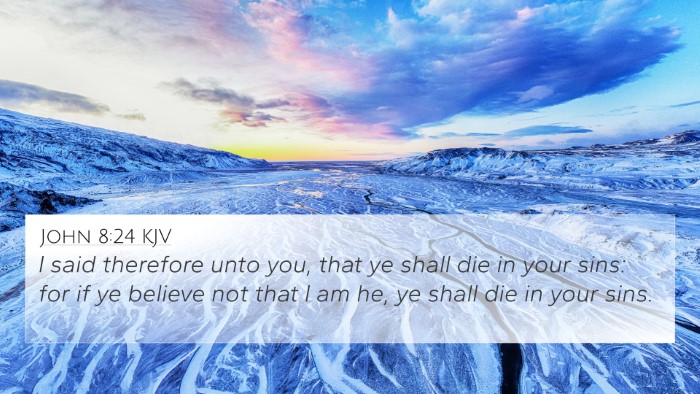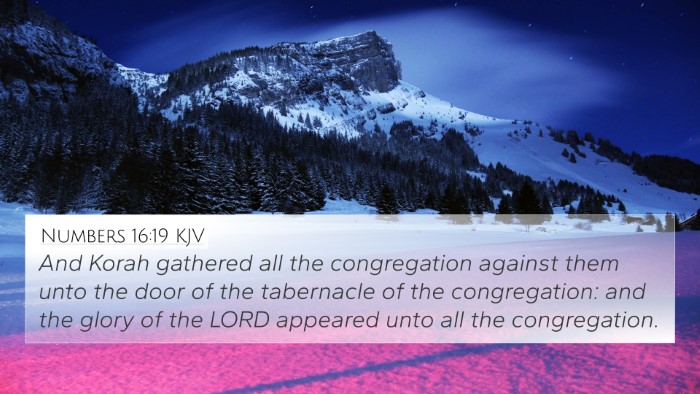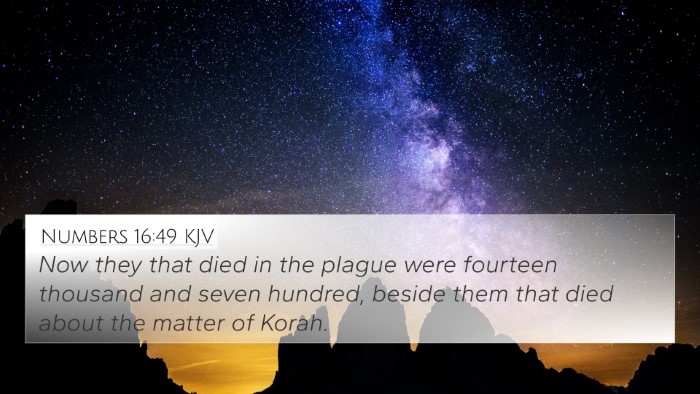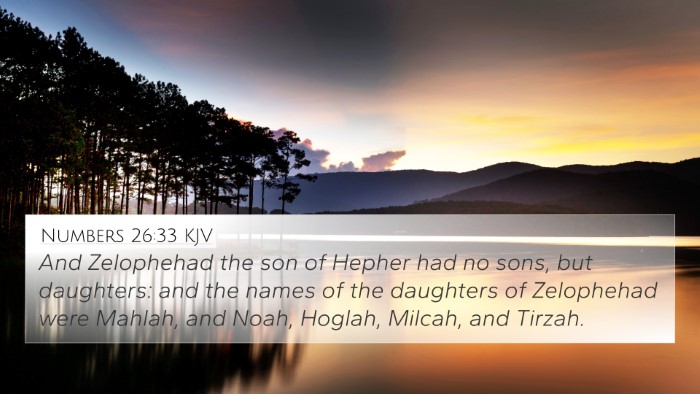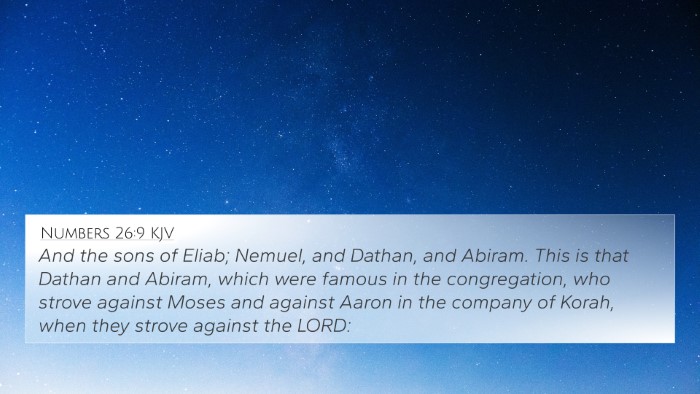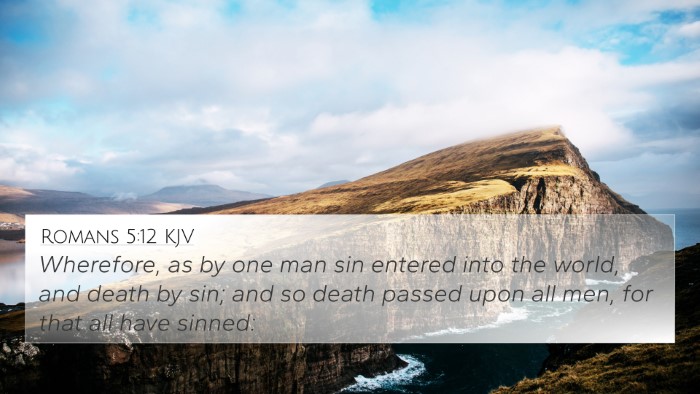Understanding Numbers 27:3
Verse Text: "Our father died in the wilderness; he was not in the company of those who gathered themselves together against the LORD in the company of Korah; but he died in his own sin, and had no sons." (Numbers 27:3, KJV)
This verse presents a poignant moment in the narrative of the Israelites as they journey through the wilderness. It emphasizes the legacy of a father and the implications of his death, particularly the theological and societal issues surrounding inheritance.
Verse Meaning and Analysis
In assessing this verse, several key themes emerge, drawn from the insights of public domain commentaries such as Matthew Henry, Albert Barnes, and Adam Clarke.
- Legacy and Identity: The daughters of Zelophehad mention their father, emphasizing their identity tied to his legacy. This evokes questions of family lineage and the rights associated with inheritance, which were paramount in Israelite society.
- The Wilderness Experience: Their father's death occurring in the wilderness symbolizes the struggles and challenges the Israelites faced during their desert wanderings. It signifies a broader commentary on faithfulness amid trials.
- Sins and Consequences: Notably, the mention of their father dying "in his own sin" highlights the idea of personal responsibility. This mirrors the Biblical theme that individuals bear the consequences of their actions, distinct from the corporate sin of the community, as seen in the case of Korah's rebellion.
- Divine Justice: The daughters make a case for their inheritance despite their father's sins, suggesting that God's judgment is multifaceted and does not solely rest on lineage. This prepares the ground for God's instruction on inheritance laws in the following verses.
Cross-References to Numbers 27:3
- Deuteronomy 21:16-17: Discusses the rights of the firstborn, linking themes of inheritance and familial responsibilities.
- Numbers 16:1-3: The story of Korah's rebellion serves as a backdrop for understanding the significance of this verse concerning community and individuality.
- Ezekiel 18:20: Teaches that individuals are not punished for the sins of their parents, reinforcing the personal accountability aspect reflected in this verse.
- Matthew 5:14: Although from the New Testament, it touches on the idea of being a light and having a legacy, connecting New Covenant themes with Old Testament foundations.
- Galatians 6:7: Highlights the principle of sowing and reaping, which echoes the consequences of one's actions mentioned in Numbers 27:3.
- Hebrews 11:1: The concept of faith is critical in understanding the narrative of the wilderness journey, tying back to the enduring nature of belief regardless of circumstances.
- 1 Peter 3:7: Offers insight into the importance of honoring one’s family, which resonates with the message of family legacy in Numbers 27:3.
Thematic Connections and Comparative Analysis
By cross-referencing with other Biblical texts, we can observe various dimensions of inheritance, familial relationships, and divine justice:
- The Importance of God's Instructions: In comparing Numbers 27:3 with subsequent laws established in Numbers 27:8-11, we see direct instructions from God regarding inheritance, highlighting the evolving understanding of family rights amid divine law.
- Community Responsibility vs. Individual Accountability: The contrast between the corporate rebellion against God and the individual acknowledgement of sin underscores a significant Biblical theme, linking corporate identity with individual fate.
- Faith Amid Trials: This verse foreshadows the later themes in the book of Hebrews, where faith is highlighted as essential in the wilderness experience.
Tools for Bible Cross-Referencing
For those studying this verse and its context, utilizing tools like a Bible concordance or a cross-reference Bible study can enhance understanding:
- Bible Concordance: A valuable resource for finding related verses and deepening thematic studies.
- Bible Cross-Reference Guide: Helps connect disparate scriptures that lead to a broader understanding of Biblical narratives.
- Cross-Reference Bible Study: Engage in studies that encourage linking verses across both Testaments for comprehensive insight.
Conclusion
Numbers 27:3 serves as a microcosm for larger theological themes within the Bible, particularly regarding the implications of personal sin, legacy, and divine justice. By exploring various cross-references and their interconnections, one can glean deeper insights into the nature of God’s laws and his relationship with humanity.
